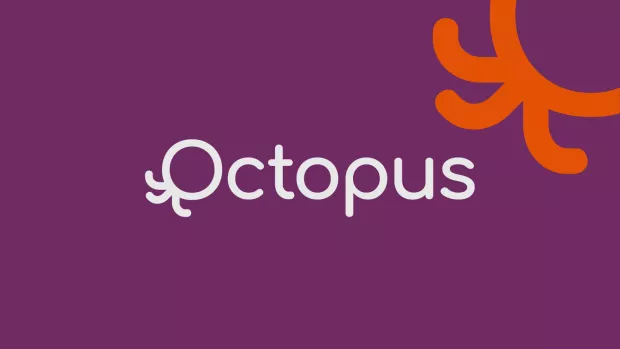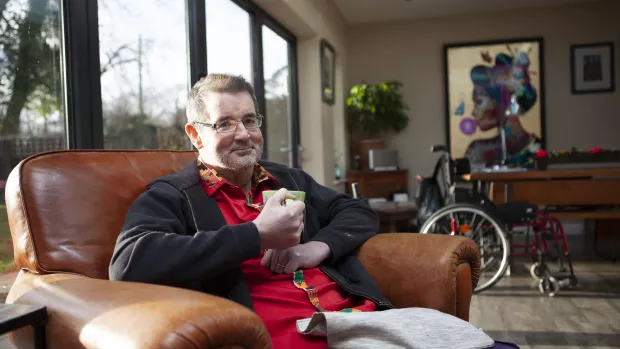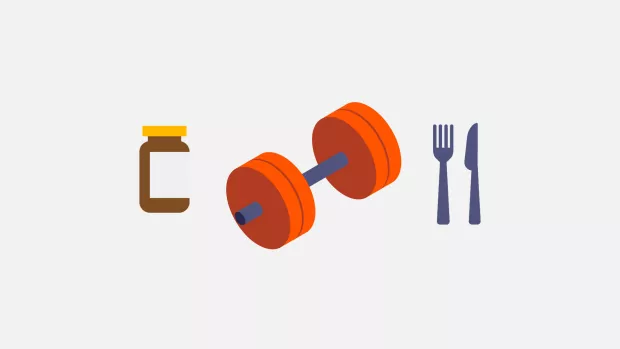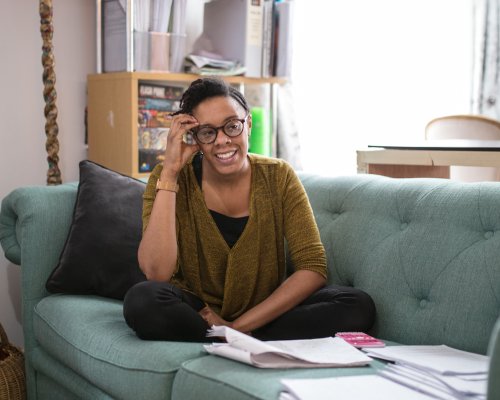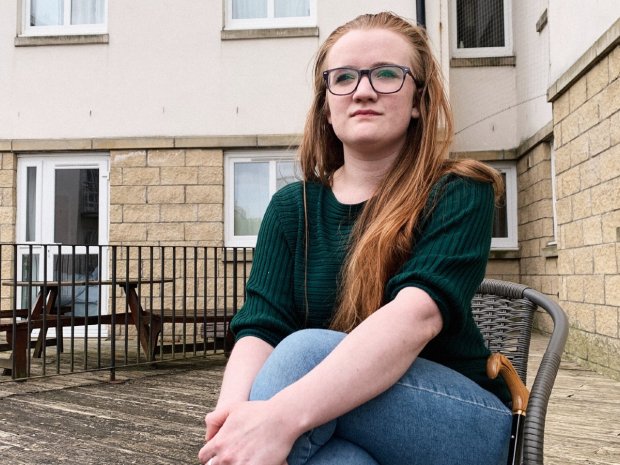
The Octopus trial is a beacon of hope
I’m 23 and was diagnosed with primary progressive MS just after my 19th birthday.
I’d been having symptoms for 3 years before that but the doctors kept sending me away. It was bothering me not knowing what was wrong, so the diagnosis came as a relief.
Being diagnosed with primary progressive MS
I didn’t know what type of MS I had at first. The doctors were telling me there were so many treatments available for relapsing MS, there was so much progress in the field of MS…
So when I was told it was primary progressive MS and there were no disease modifying therapies (DMTs) I could have, I lost a lot of hope.
For three and a half years I couldn’t take a DMT. Then Ocrevus (ocrelizumab) became available – the first DMT for early active primary progressive MS. It was such a good day when I was told I could take it!
Finally, there was something that might slow down my MS, which had been progressing quite badly. That little bit of hope helped me so much.
Being diagnosed young with MS is hard
My main symptoms are visual impairment, leg weakness and balance issues which cause me to walk with a stick. It can make it hard to socialise and meet friends.
I see everyone doing things I can’t. A big thing for me is running, I’ve not been able to run since I was about 17 or 18.
I was diagnosed in the first year of university. I wasn’t enjoying the course I was doing, but I didn’t want to uproot everything when I didn’t know what was going to happen with my health. I was so worried MS was completely going to ruin my life – which it hasn’t!
I eventually left my course and re-evaluated my goals in life. I’m now on a career path I actually want to be on.
People are supportive
My partner Dylan helps me get around, I’ll usually hold on to his arm when I’m walking. It hasn’t changed our relationship. When we started dating about three and a half years ago I had MS so it’s always been there. He’s extremely supportive.
My best friend is also really good and will always help me if she notices I’m struggling.
Treatment and the future
I’m lucky to be on a DMT now. But if it’d been available when I was first diagnosed, my MS might not have progressed as much over the last 3 years. And Ocrevus (ocrelizumab) is only available for some people with primary progressive MS – there’s still too many people without any DMTs at all.
We need treatments for everyone that stop progression, especially young people. When you’re just starting out in life and suddenly this starts happening to you, it’s such a disruption.
I’m quite happy where I am right now but I wouldn’t like my MS to progress any more than it has. And that’s a possibility. The future is so uncertain, I try and take things a day at a time.
People with primary and secondary progressive MS really need more treatments and they need them as soon as possible. I just need to keep going and hope that more treatments get found for my type of MS.
That’s why the Octopus trial is so important – knowing it’ll be coming soon is this massive beacon of hope.
